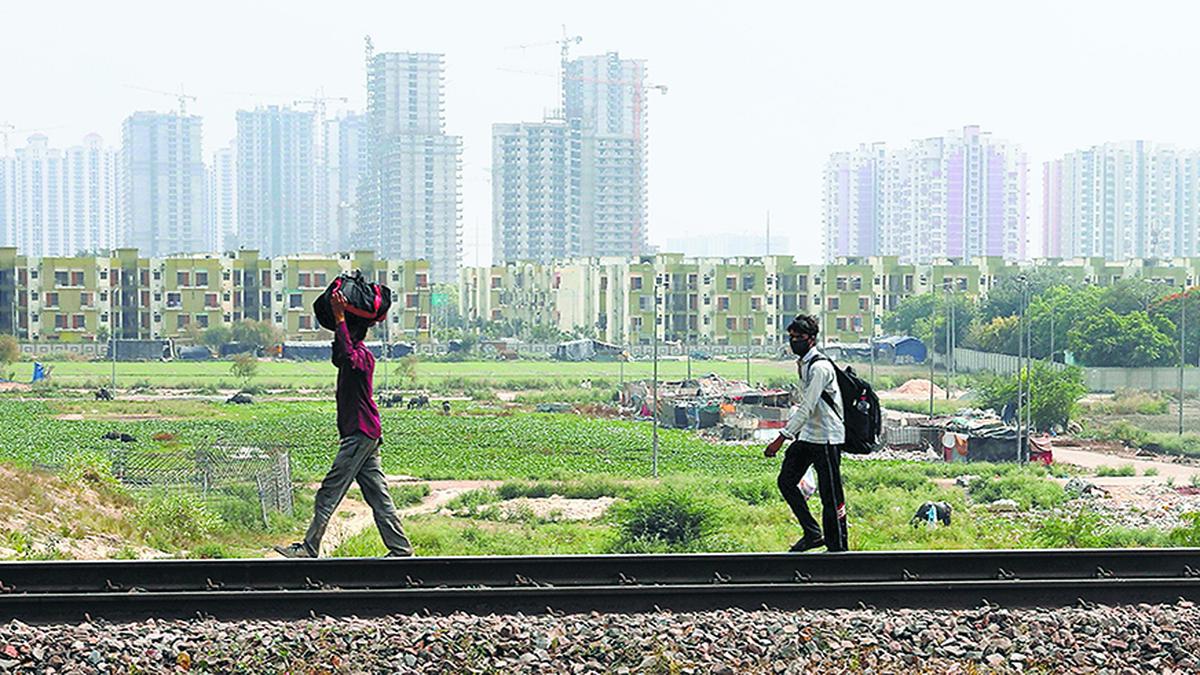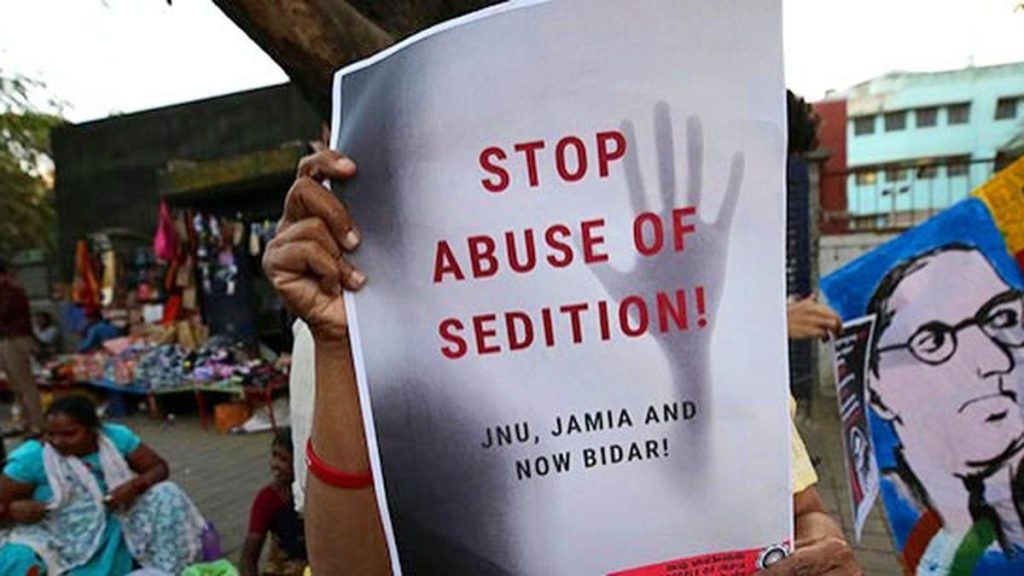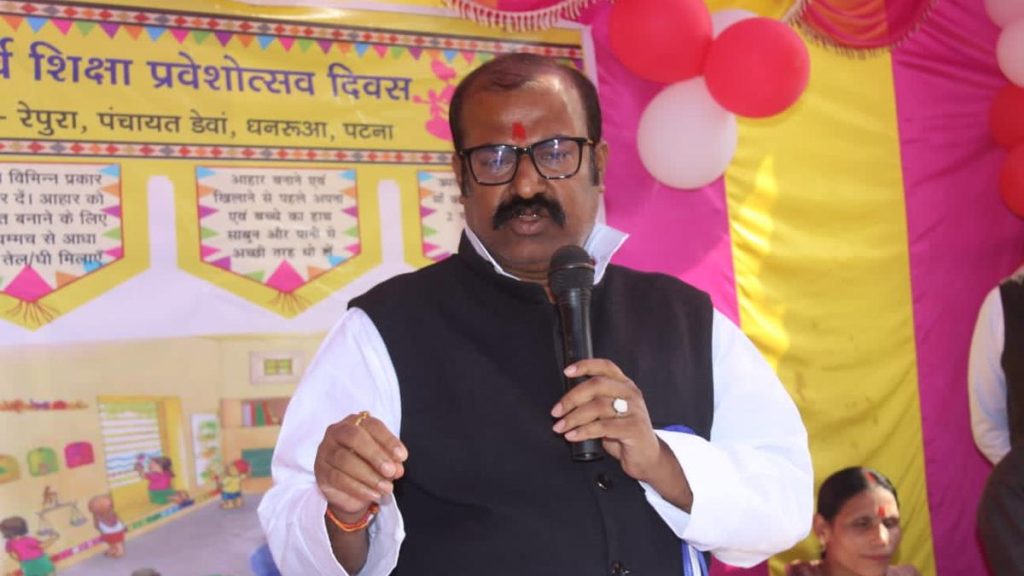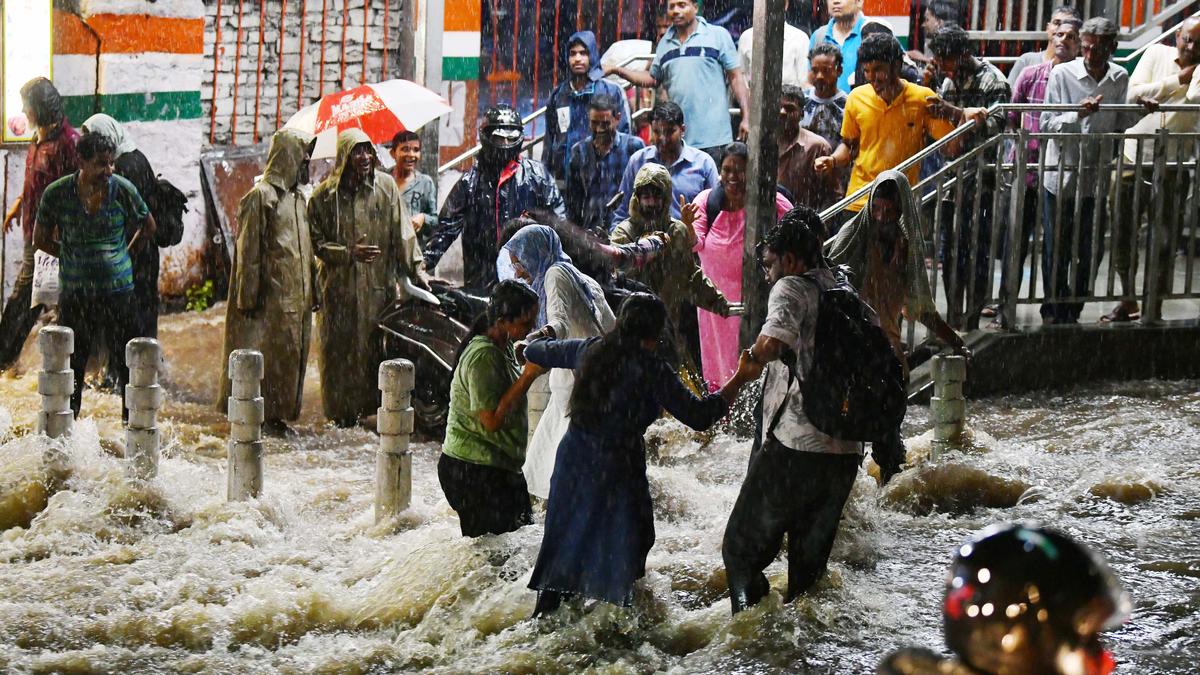Now Reading: Data Reveals More Women Than Men Removed from Bihar Electoral Rolls
-
01
Data Reveals More Women Than Men Removed from Bihar Electoral Rolls
Data Reveals More Women Than Men Removed from Bihar Electoral Rolls

Quick summary
- Bihar’s draft electoral rolls, released on August 1 after the Special Intensive Revision (SIR) exercise, show more deletions of women voters than men.
- From January 2025 to August 2025:
– Male electors decreased by 25 lakh (from 4.07 crore to 3.82 crore).
– Female electors decreased by 31 lakh (from 3.72 crore to 3.41 crore).
- In Gopalganj district:
– Women electors dropped from over 10 lakh to about 8.21 lakh – a decline of 17.8%.
– Male electors declined from over 10.37 lakh to 9.23 lakh – an 11% drop.
– The gender gap in deletion rates was highest at 6.8 percentage points, favoring men.
- Election Commission data attributes deletions mostly to death, duplicate entries, permanent migration out of Bihar, or untraceable entities.
- Death rates between genders remain equal except during the pandemic spike; out-migration is significantly higher among males than females in Bihar and India overall.
- Female literacy rate in Bihar is estimated at only 55%, compared to male literacy rate of 76%, potentially impacting form submission during SIR due to self-enumeration requirements.
Indian Opinion Analysis
The observed disparity in voter deletions among genders raises important questions about systemic factors influencing electoral roll revisions in Bihar.While male out-migration is higher than female migration-a commonly cited factor-it does not align with the higher deletion rates for women post-SIR exercise if other elements like death are stable across genders.
A plausible clarification could be that lower female literacy levels undermined their ability or confidence in completing required forms for self-enumeration efficiently under SIR protocol. This discrepancy underscores a broader challenge tied to socio-economic factors such as access to education and administrative awareness which disproportionately affect women.
For policymakers and election authorities, addressing this issue might necessitate changes like simplified enumeration processes or targeted outreach programs for vulnerable demographics groups such as rural women voters with low literacy levels.
Further analysis will be crucial in verifying these trends and ensuring fair electoral practices ahead of future elections-the implications are important not only for representation but also for equitable participation rights within India’s democratic framework.
Read More: Original Link























